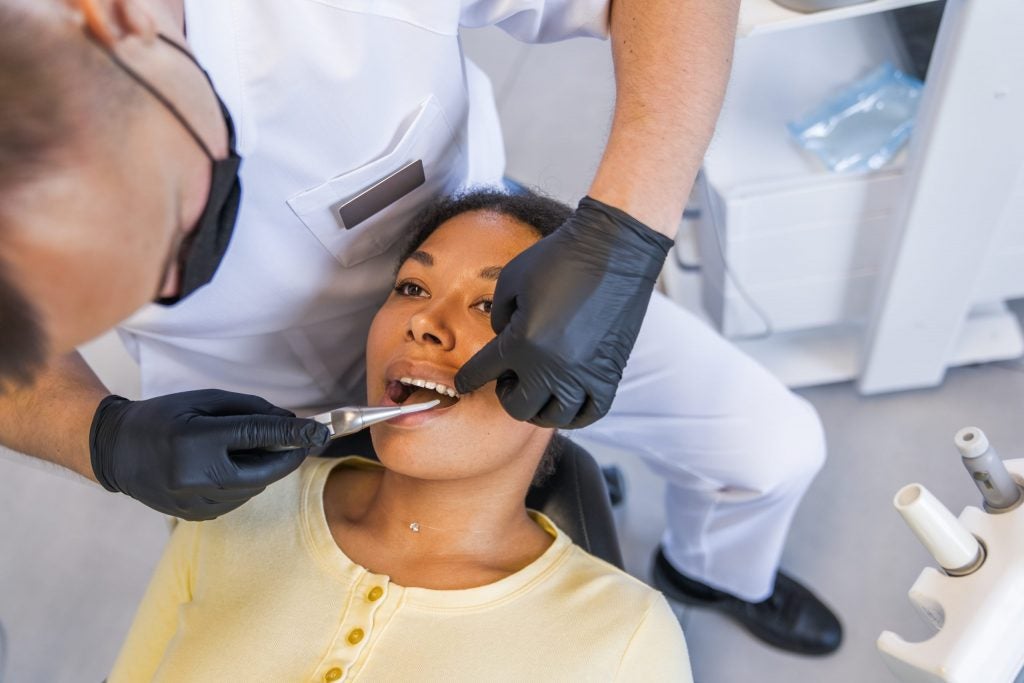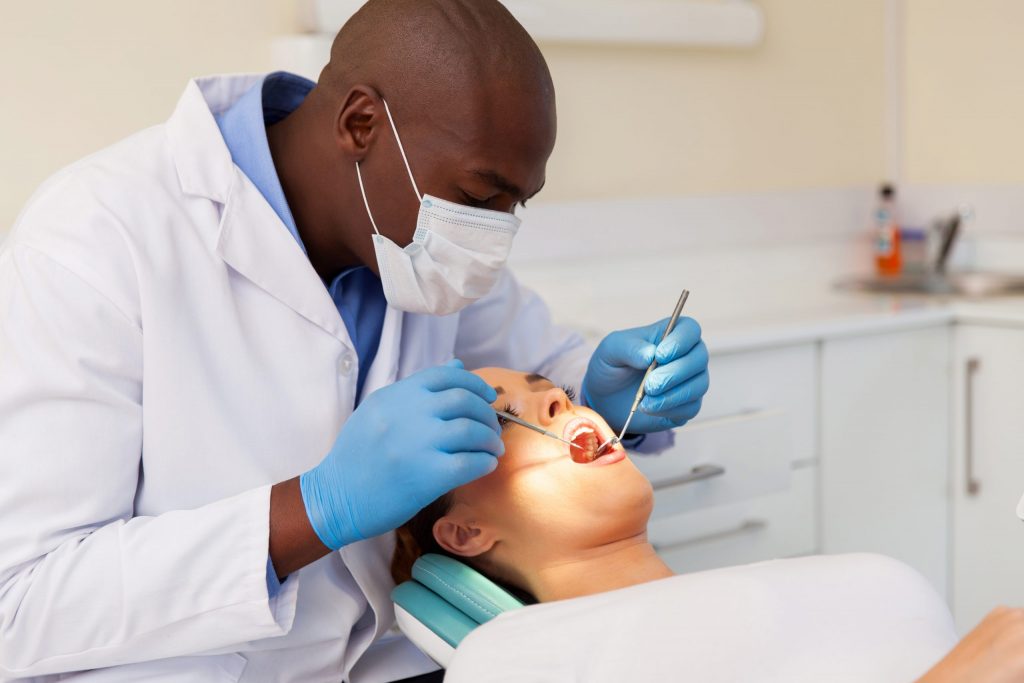A Guide to Usual Oral Problems That Call for a Dental professional's Care
Toothaches, for example, can be symptomatic of extreme issues such as dental caries, broken teeth, or abscesses, each calling for certain treatments like dental fillings or origin canals. Influenced knowledge teeth and jaw conditions can introduce significant discomfort and difficulties.
Toothaches
Toothaches are a common oral problem that can range from moderate pain to extreme pain, often suggesting a hidden concern that requires expert focus. This discomfort can stem from a range of resources, consisting of tooth decays, cracked or fractured teeth, and dental abscesses. Each of these conditions presents substantial risks if left without treatment, possibly leading to much more serious complications.
Tooth decays, additionally called caries, are brought on by the accumulation of plaque that wears down tooth enamel, causing openings or pits in the impacted teeth. Split or fractured teeth, on the other hand, might arise from injury, grinding, or attacking right into tough things. These architectural problems can subject the delicate inner layers of the tooth, creating pain and raising the threat of infection. Abscesses hurt infections at the origin of a tooth or between a tooth and the periodontal, typically resulting from serious decay or neglected tooth cavities.
Efficient treatment of toothaches entails addressing the source. This may consist of dental fillings for tooth cavities, crowns for cracked teeth, or origin canals and prescription antibiotics for abscesses. Very early intervention by a dental expert can protect against more damage and minimize discomfort, making certain optimum dental health.
Gum Tissue Condition

The primary root cause of periodontal illness is microbial plaque, a sticky, anemic film that constantly bases on teeth. Poor dental hygiene, smoking, genetic proneness, and specific clinical problems, such as diabetes mellitus, can exacerbate the risk of developing gum illness. Normal dental examinations are essential for early detection and management of this problem.
Therapy for periodontal disease varies from professional oral cleansing and scaling to more advanced procedures like root planing and gum surgical procedure, depending on the severity. Preserving excellent dental health techniques, including brushing twice daily, flossing, and making use of an antibacterial mouth wash, can substantially lower the danger of gum tissue disease and promote healthier periodontals.
Cavities
Dental caries, likewise recognized as dental cavities, are a common oral problem identified by the damage of tooth enamel due to acid-producing bacteria in the mouth. These microorganisms thrive on sugars and starches from food and drinks, creating acids that gradually deteriorate the enamel, causing cavity development.
Early-stage tooth cavities might disappoint signs, however as they proceed, they can create tooth pain, level of sensitivity to cold or hot, noticeable openings or pits in the teeth, and staining. If left untreated, tooth cavities can pass through much deeper layers of the tooth, potentially resulting in severe discomfort, infection, and even tooth loss.
Avoiding cavities entails a mix of great oral hygiene techniques and nutritional behaviors. Normal brushing with fluoride tooth paste, flossing, and regular dental examinations are critical. Dentists might likewise suggest additional preventative procedures, such as fluoride treatments and dental sealants, to protect teeth from degeneration.
Minor cavities can be addressed with oral fillings, which restore the tooth's framework. Much more sophisticated situations might need crowns or also origin canal treatment if the decay has actually gotten to the tooth's pulp.
Impacted Wisdom Teeth
Impacted knowledge teeth are a common dental concern that happens when the 3rd molars, generally referred to as knowledge teeth, fall short to fully emerge or align effectively within the mouth. This condition typically results from not enough space in the jaw or an abnormal growth angle of the teeth. Affected knowledge teeth can lead to a range of complications, including infection, discomfort, and damages to surrounding teeth.
When wisdom teeth end up being affected, they are usually partially erupted or remain entirely below the periodontal line. This partial eruption can develop a path for bacteria to enter the gums, resulting in infections that manifest as swelling, discomfort, and also fever (dentist eugene or). In addition, affected wisdom teeth can put in pressure on bordering teeth, potentially creating crowding or shifting
A comprehensive oral evaluation, commonly involving X-rays, is essential for detecting impacted wisdom teeth. Therapy often involves surgical extraction, executed by an oral specialist. The treatment aims to minimize discomfort and prevent additional problems, such as cysts or damage to bordering bone frameworks. Post-operative care is important to ensure proper recovery and minimize the danger of infection. Routine dental check-ups are advisable to monitor the problem and keep dental health and wellness.
Jaw Conditions
Conclusion

Oral tooth cavities, likewise recognized as caries, are created by the buildup of plaque that erodes tooth enamel, leading to holes or pits in the affected teeth. Abscesses are uncomfortable infections at the root of a tooth or in between the gum tissue and a tooth, normally resulting from severe degeneration or without treatment cavities.
Influenced wisdom teeth are a common dental problem that happens when the 3rd molars, generally referred to as wisdom teeth, stop working to completely arise or line up properly within the mouth. Affected wisdom teeth can lead to a range of complications, including discomfort, damage, and infection to surrounding teeth.
Furthermore, affected knowledge teeth can put in pressure on bordering teeth, potentially triggering crowding or shifting.